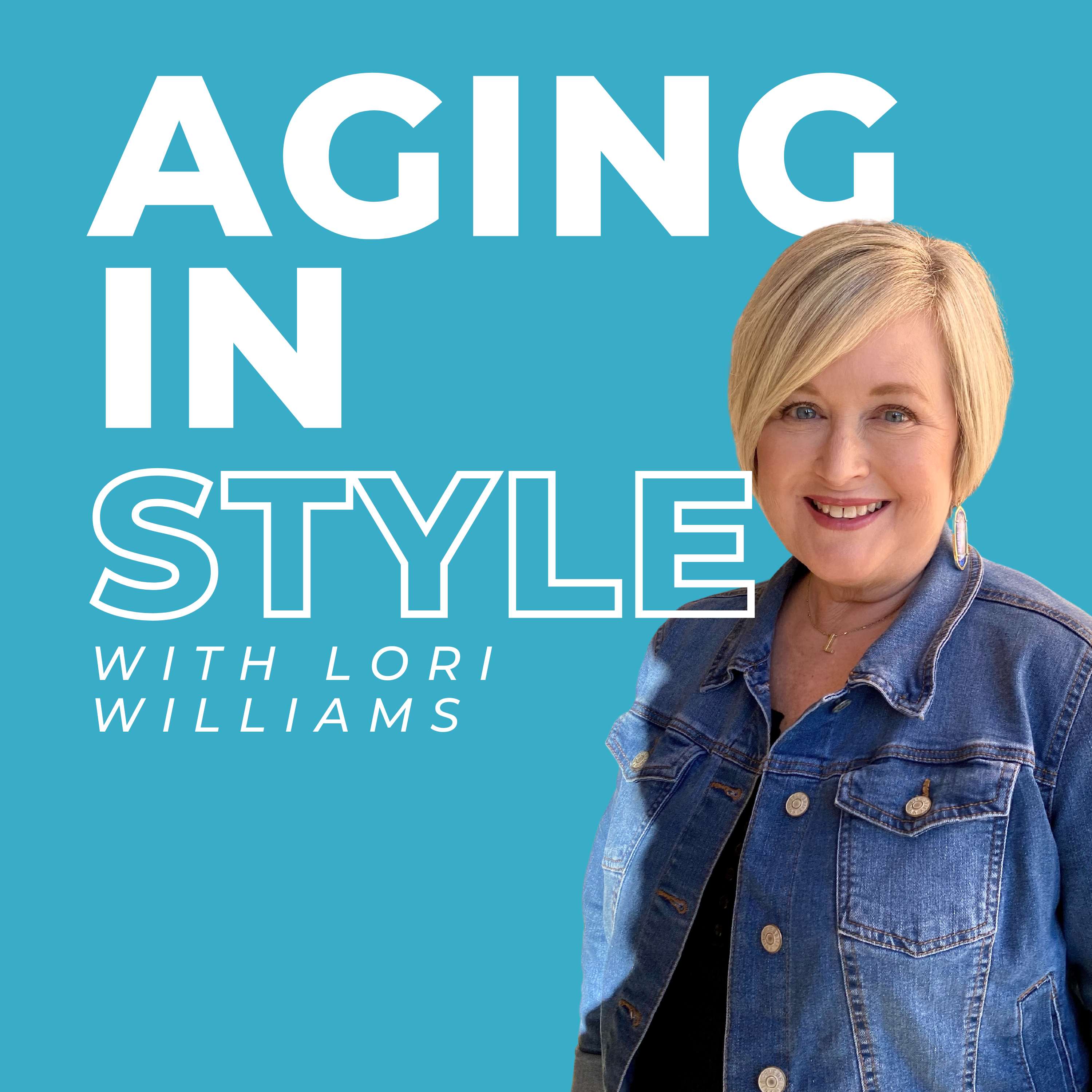123. Replay: How to create a safe home for Dementia family members
We hear about childproofing a home, but there’s another level of difficulty when you add years of experience of using common household items. That’s why it’s important to make your home safe if you’re caring for a senior with dementia. They’re often able to operate appliances, but their judgment is impaired - leading to home and personal safety issues.
Megan Rowe joins Senior Services Expert Lori Williams to discuss home safety for those with dementia and Alzheimer’s. As the senior program manager with the Alzheimer’s Association, Dallas and Northeast Texas Chapter, she draws from her expertise and personal stories to bring attention to this topic.
She discusses how the brain is affected by Alzheimer’s and dementia, particularly when it comes to judgment, behavioral changes, and spatial awareness. Paired with hazardous home items like kitchen knives, toxic cleaning products, and vitamins / medications, safety can get complicated. However, with the right practices (like keeping items out of sight, out of mind), cleanliness, reworking locks in your home, and keeping emergency numbers on hand, and more, you’re better positioned to keep your loved ones safe.
Topics discussed:
Dementia / Alzheimer’s
Dementia home safety
Safety proofing your home
Caregiver safety tips
Medication safety
Wandering
Medical Alert
Alzheimer's Association
Takeaways from this episode:
- People with dementia experience behavioral changes and can become easily confused, suspicious or fearful. It’s important to store hazardous items like small kitchen appliances, chemicals (laundry pods), knives, guns, and more.
- Keep expired foods out of the fridge so your loved one doesn’t eat something and become ill. Write purchase dates on refrigerated products to make it easier.
- Write emergency numbers on your phone or on the fridge, along with a list of medications your loved one takes so it’s on hand in case of any crises that arise.
- Work with your doctor or home health company to figure out which walker is best, and whether you need adaptive furniture to make it easier to get in and out of beds and chairs.
- A few helpful tips: Remove locks from interior doors, declutter your home, put stickers on a glass door, deadbolt doors, and add nonslip stickers to showers (and wear nonslip shoes) to prevent falls.
- Enroll in Medical Alert so your loved one has an ID bracelet to help them return safely if they wander out of the house.
Resources discussed:
Call the 24 / 7 Alzheimer's Association help line – and ask about Medical Alert:
800-272-3900
Free online community for everyone affected by Alzheimer's or another dementia
068. How the Alzheimer's Association Safe Return Program is a lifeline for seniors with Dementia
To suggest a topic, be a guest or to support the podcast, please email Lori@Loriwilliams-seniorservices.com
For more senior resources and to sign up to the newsletter, please visit:
https://www.facebook.com/LoriWilliamsSeniorServices/
https://www.instagram.com/theloriwilliams/
https://www.linkedin.com/in/theloriwilliams/
https://loriwilliams-seniorservices.com/aging-in-style-podcast/

